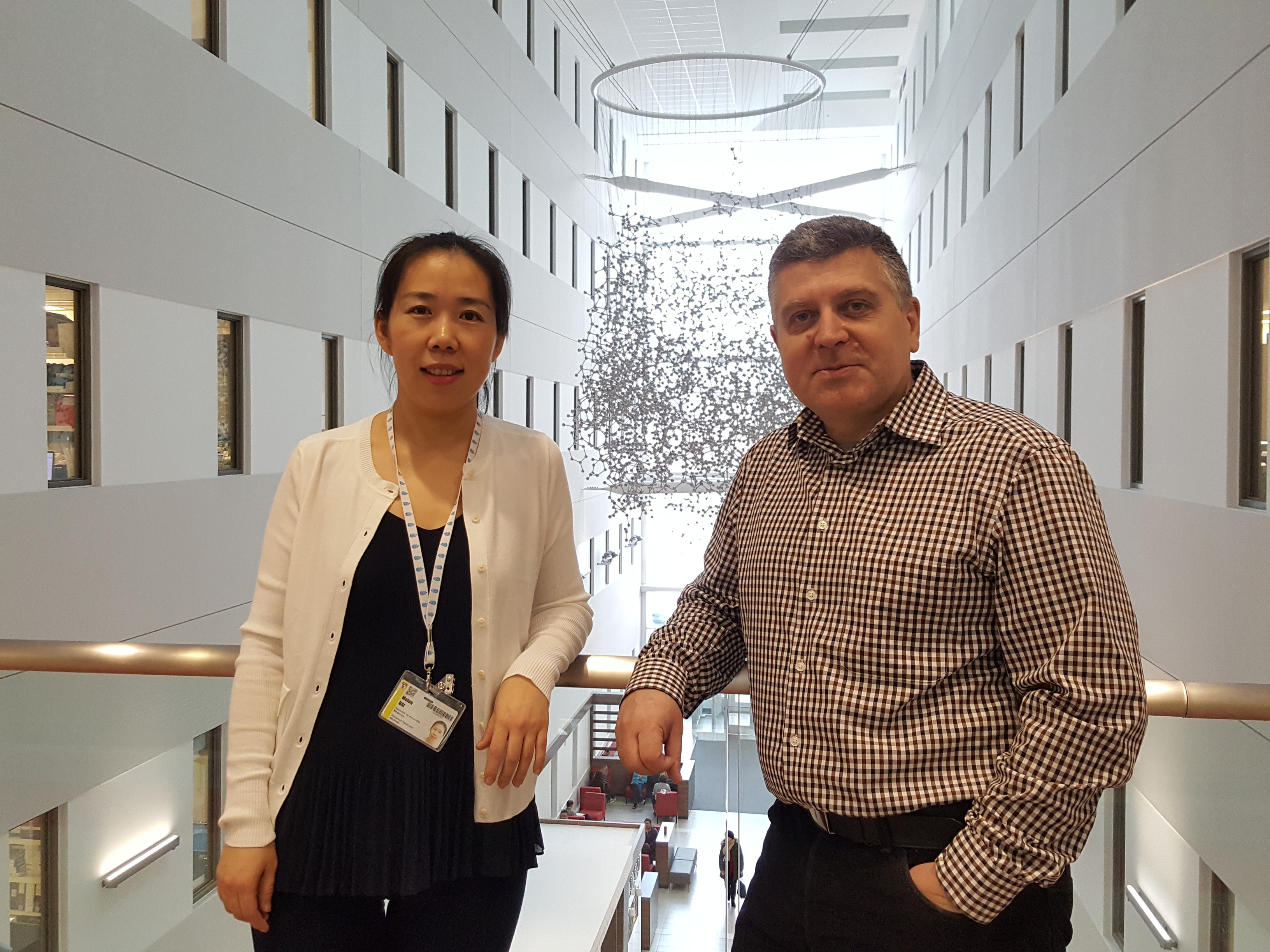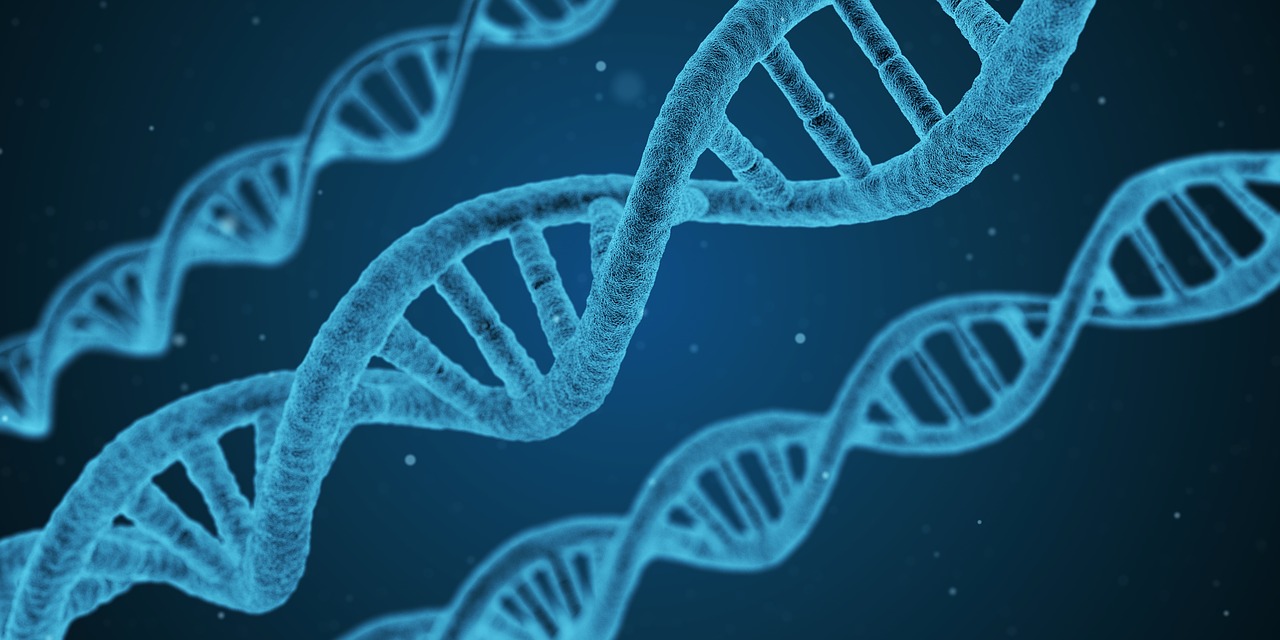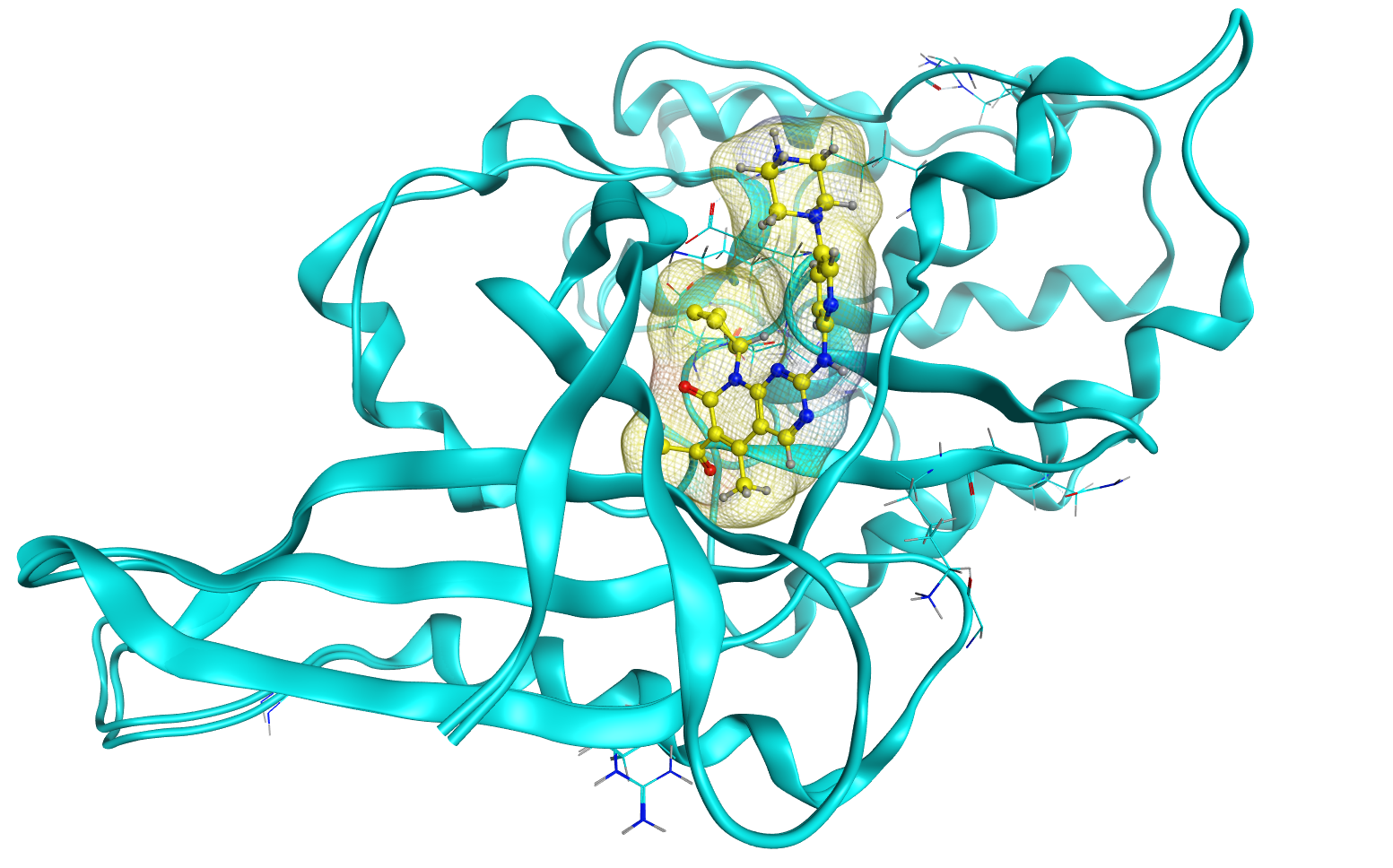Breast cancer is the most frequently diagnosed malignancy in women and the major cause of patient death is due to invasiveness and dissemination of the tumor to distant secondary sites. TGFβ signaling plays a major role in mediating these tumorigenic events and work from our laboratory has contributed to unravelling the complex oncogenic role of TGFβ. We made inroads into understanding cancer stem…
Keep Reading →Research Topics
Breast Cancers, TGFβ, Human Cutaneous Melanoma, CRISPR/Cas, MicroRNAs, Preclinical Xenograft, Drug Development

Cancer Stem Cells

CDK4/6 and DNA repair role in cancer
We found that cyclin-dependent kinases CDK4/6 drives breast cancer stem cell (CSC) self -renewal activities and showed that their pharmacological inhibition efficiently eliminates CSCs. We further uncovered new use/repurposing for FDA approved drugs (palbociclib, celecoxib) in the treatment of metastatic cancer by targeting and eliminating self-renewing CSCs21 and by re-sensitizing (dasatinib…
Keep Reading →
Lebrun Lab "Crisperized Medicine" Research Program
We have developed high throughput genome wide CRISPR/Cas loss-of-function approaches to characterize key genes that regulate fundamental cancer processes, including primary tumor growth, tumor metastasis, cancer stemness and resistance to chemotherapy, using pre-clinical mice models. Using these genome-wide forward-genetics approaches, we will extend the scope of our studies and address long…
Keep Reading →
MicroRNAs in Cancer
In the last two decades since the discovery of the first microRNA, these short, non-coding molecules have become attractive tools and targets for novel therapeutics against many diseases including cancer. We have identified multiple TGFβ-mediated microRNAs, for example miR-181, miR-584 and miR-30, that regulate tumor suppression and progression. We efficiently reduced primary tumor growth in vivo…
Keep Reading →
RI-MUHC researchers led one of Québec Science magazine’s top 10 discoveries of the year
● RI-MUHC researchers led one of Québec Science magazine’s top 10 discoveries of the year - January 5th, 2022. Jean-Jacques Lebrun and his team have discovered a promising treatment for triple negative breast cancer. MUHC links https://muhc.ca/news-and-patient-stories/news/ri-muhc-researchers-led-one-quebec-science-magazines-top-10 https://cusm.ca/nouvelles-et-histoires/nouvelles/des-chercheurs…
Keep Reading →
Transforming growth factor-beta (TGFβ) in Cancer
The overarching goal of our research program going forward is to elucidate the mechanisms underlying tumorigenesis, metastasis and drug resistance with the goal of developing novel targeted therapies, vital to achieve rationalized and personalized management for cancer patients. To that end, our lab specialized in studying the molecular mechanisms and signaling pathways underlying the TGFβ tumor…
Keep Reading →
Drug Design & Development
Breast cancer is the most diagnosed cancer and the second leading cause of mortality. Triple-negative breast cancer (TNBC) is characterized by the absence of receptors for estrogen and progesterone as well as lack of HER-2 gene. These tumors are enriched in cancer stems cells and exhibit resistance to most treatments and chemotherapy. TNBC is more prevalent in younger females and accounts for…
Keep Reading →
Triple-negative breast cancer: new hope for an existing drug
RI-MUHC team takes another step toward precision medicine by targeting a biomarker of CDK4/6 inhibitor efficacy in breast cancer, including triple-negative breast cancer
Keep Reading →
Watch, Learn, Vote! Five years of research in 3 minutes: Dr. Jean-Jacques Lebrun’s team discovers promising treatment for triple negative breast cancer
https://youtu.be/MrL8necSYhc https://youtu.be/XFec8fJ67WA
Keep Reading →